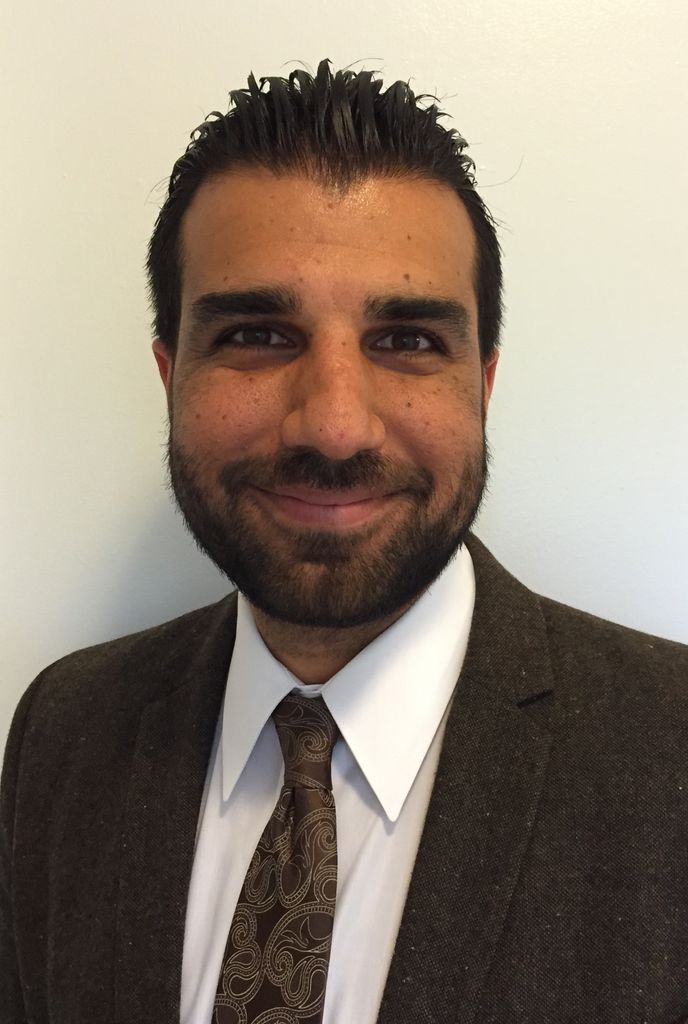Barbod Salimi Joins STH as Instructor of Philosophical Psychology, Theological Ethics, and Peace Studies
 Barbod Salimi will join Boston University School of Theology as Instructor of Philosophical Psychology, Theological Ethics, and Peace Studies. Currently a Postdoctoral Fellow at the Danielsen Institute, Dr. Salimi’s research interests focus on phenomenological ethics, psychological formation and transformation, the confluence of culture and psyche, subjectivity and hermeneutics, religion and moral development, existentialism, and language.
Barbod Salimi will join Boston University School of Theology as Instructor of Philosophical Psychology, Theological Ethics, and Peace Studies. Currently a Postdoctoral Fellow at the Danielsen Institute, Dr. Salimi’s research interests focus on phenomenological ethics, psychological formation and transformation, the confluence of culture and psyche, subjectivity and hermeneutics, religion and moral development, existentialism, and language.
Dr. Salimi earned his B.A. from University of California San Diego and has both a M.A. in Theology and an M.A. in Psychology from Fuller Theological Seminary and Fuller Graduate School of Psychology. He completed his PhD in Clinical Psychology at Fuller Graduate School of Psychology. His dissertation research focuses on a sociocultural analysis of the psychology of violence, in particular the psychology of an American war mentality.
“Dr. Salimi’s work probes original questions about cultural embodiment, the psychology of violence, and the human potential to develop relationships that foster peace,” said Mary Elizabeth Moore, Dean of Boston University School of Theology. “Barbod connects with questions that students are already asking, and he will help them engage psychology and theology to enhance their capacities to embody peace and justice in their lives and ministries.”
Dr. Salimi says his academic interests spring from his Iranian heritage and his upbringing, which imparted a love of humanity, poetry, the arts and conversation: “I can remember as a young boy having conversations with my father that were political in nature and philosophical in nature. That informs my way of thinking about the world, thinking about the nature of reality, thinking about human beings, about human relationships, about ethics.”
After an injury ended his career as a competitive athlete, he became interested in sports psychology to better understand the athlete identity, earning an M.A. in Sports Psychology from John F. Kennedy University. He eventually broadened his studies to philosophy, religion, psychology and ethics. He is especially concerned with helping to deepen our understandings of peace and violence through more careful, honest, and thorough examinations of culture, discourse, embodiment, and everyday life.
Dr. Salimi’s most recent work has explored the psychology of war through a methodology informed by phenomenology and critical theory and advances a spiritual-existential reorientation toward mysticism and receptivity. His publications include the Journal of Political Theology and Verbum Incarnatum, Special Edition on Peace and Social Justice. He has a book chapter forthcoming in Spirituality, Emergent Creativity, and Reconciliation and has published a chapter in the Encyclopedia of Critical Psychology.
In his study of the psychology of violence, Dr. Salimi goes beyond the nature-nurture dichotomy and examines the habits and practices of everyday life, analyzing how everyday cultural embodiment, when acted out, can shape us into agents capable of war. As he puts it, “Discussions or debates about politics, religion, and foreign policy are important but I think they’re secondary to the more fundamental question of How do we become who we’ve become?”
Given his focus on theology as a mode of being (not just what we believe but what we do) Dr. Salimi is looking forward to STH’s emphasis on practical theology. After most class lectures he applies his teaching with the question, “How are you going to be different, given what we’ve talked about today?”
“I think we should be more concerned with our everyday lives, our practices. To me that’s what theology is, what Jesus taught,” Dr. Salimi says. “I hope that’s what I can play a small role in imparting to the students I come across. Ministry is embodied.”
